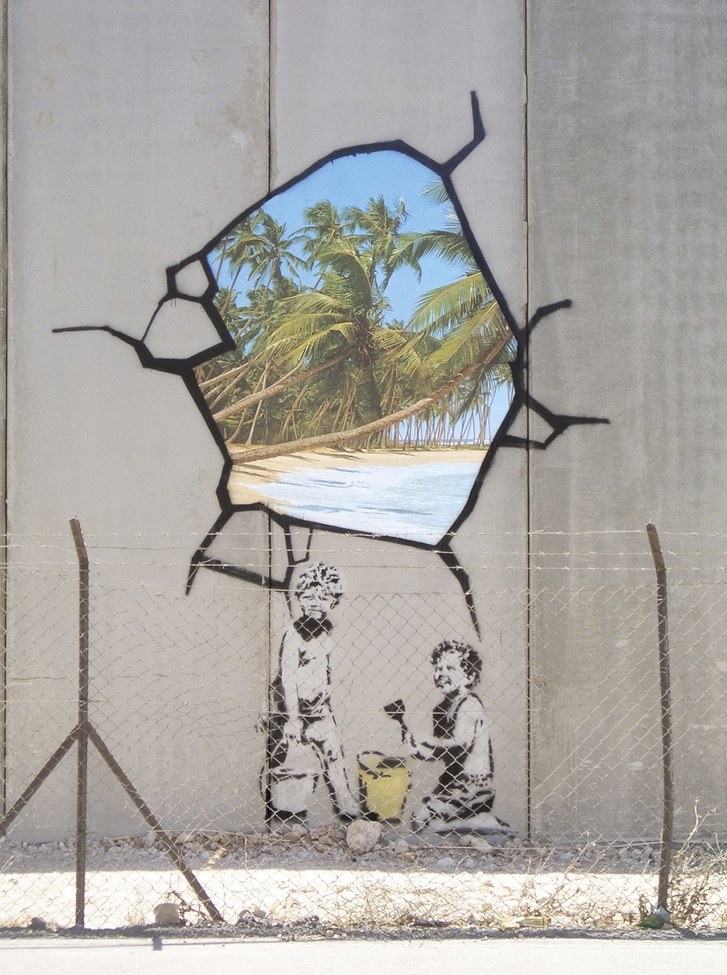We are living in interesting times!
There was a time when the most exciting development in world politics was the American boycott of French fries.
Those days are long behind us. Now, the contemporary world order as we know it seems to have reached a breaking point. Consider what happened over this past summer alone—Kim Jong-un’s new rocket tests; white supremacy and terrorism in the US; populist governments in Italy and Holland, neo-Nazi  marches in Norway; mass demonstrations in Hong Kong and the threat of invasion by the Mainland; the continuing, irrational denial of the scientific consensus on global climate change; Boris Johnson and Brexit, Brexit, Brexit; and growing tensions between the US and Denmark!
marches in Norway; mass demonstrations in Hong Kong and the threat of invasion by the Mainland; the continuing, irrational denial of the scientific consensus on global climate change; Boris Johnson and Brexit, Brexit, Brexit; and growing tensions between the US and Denmark!
All of these developments have one thing in common. They are all manifestations of the ongoing and necessarily conflictual evolution of a novel form of political organization known as the Modern nation-state.
This course is about the Modern nation-state.
By Modernity, I mean a revolution in epistemology, human identity, organization and political reality By Nation-state, I mean a “symbolic community to which people voluntarily devote their primary political loyalties despite the many particularistic loyalties–religious, cultural, ethnic, political, social, economic, gender, and athletic–that otherwise divide them.” Modernity and the Nation-state are abstract terms. But they are useful tools. Like the best tools, they help us make sense of the evolution of global politics. They also alert us to the fragility of our world and the possibility that we may be the cause of its ruin.
My story is divided into five interlocking chapters. First, in the segment called Modern Politics, I introduce you to some basic concepts about modernity and the Modern nation-state. Second, we travel down the road the West has taken toward a particular form of the nation-state: Liberalism. Third, we consider an initially credible but ultimately failed path: Leninism. Fourth, we confront the pathos and anger of people living in the fractured Postcolonial world of weak nation-states. Finally, we return to our starting point to examine the ecstasy and agony of the nation-state in an age of Global Politics.
The study of politics is always interesting. However, much of the world today is experiencing a crisis of political identity. As citizens, we cannot afford to ignore the fact that the US, as well as most of Europe, is deeply polarized. Fundamental values, such as liberty, equality, and tolerance, are at stake.
Throughout our course, I shall also refer to two themes that I consider particularly troubling:
1) the politicization of facts–and fact-seeking–in democratic politics. If we can’t agree on facts, there can be no democracy. There is no such thing as an “alternative fact”!
2) the threat to Liberal democracy represented by Populist politics. Populism is not another form of politics. It is anti-politics. In an extreme form, it can kill democracy.
My pedagogical goals are ambitious and extend far beyond introducing you to the field we call “political science.” I aspire to:
-
-
- Cultivate your “deep knowing” of politics, rather than “much knowing” (a distinction drawn by the Greek philosopher, Heraclitus)
- Hone your analytical abilities
- Increase your capacity to defend arguments and persuade others that you are right
- Encourage you to develop a critical perspective on everything you think you know—especially a perspective that is consonant with your choice to attend Notre Dame (no normal university).
-
The basic requirements of our course are HERE You are responsible for knowing all of this information.
I will have a modest personal objective throughout our political travels. If I can fundamentally change the way you think about world politics, I shall be pleased.
NOTE: Please do not use electronic devices of any kind during our class, including laptops, cell phones, tablets, tape recorders, and any other personal digital device.
My classroom is a tweet-free zone!
